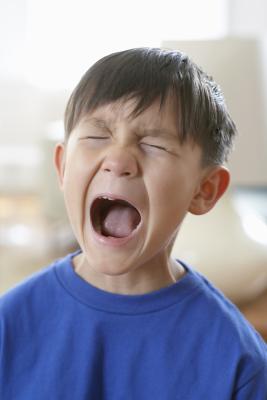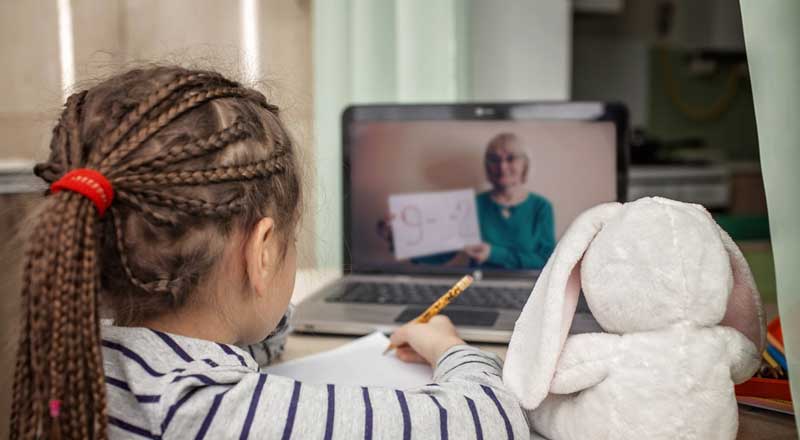While you would prefer it if your children behaved perfectly all the time, bad behavior as a child grows should be expected from time to time. Some behavioral problems, such as biting or temper tantrums, are usually simply a part of childhood, while other behavioral problems, such as excessive anger or hyperactivity may need special treatment.
Common Types
Temper tantrums, biting, whining, fighting and refusing to eat are all common behavioral problems in children. Toddlers will often throw tantrums because they are frustrated and have not yet figured out how to communicate any other way, according to AskDr.Sears.com. Your child should move on from tantrums around age 4. Although biting is normal for toddlers, according to the Oklahoma State Department of Health, it is still a behavior that has negative consequences and should be discouraged.
Causes
Five issues cause most behavioral problems in children, according to “Understanding Behavior: A Key to Discipline,” a pamphlet put out by the National Association for the Education of Young. Some behaviors, such as sleeping or eating problems, peak when a child moves into a new developmental phase. Your child may also act up when placed in an environment he dislikes, such as a crowded day care center. He may also misbehave when confronted with a new situation, such as being asked to share with a new sibling. His temperament, such as being shy or stubborn, can also exacerbate behavior problems. Some children may misbehave because they are not emotionally satiated.
Coping
If your child exhibits bad behavior, one way to deal with it is to ignore the behavior, according to FamilyDoctor.org. While ignoring bad behavior works for less serious misbehavior, such as whining, you may need to take immediate action to deal with temper tantrums or biting. A time-out is an effective way to discipline a child. FamilyDoctor.org recommends giving him one warning to stop misbehaving, then taking your child to the time-out area for a set amount of time if the behavior continues after the warning.
Trade Bad Behavior for Good
Since many behavioral problems are the result of children learning to how to cope with the world around them, part of your job as a parent is to show them the proper way to behave. Come up with a reward system so that your child learns to behave. For instance, if your child takes a long time to get ready for bed, tell her that she can stay up later if she gets her pajamas on and brushes her teeth before a show on television ends. If she doesn’t, she’ll simply have to go to bed at the regular time. Over time, your child will learn to perform the good behavior.
Cause for Concern
Not all behavioral problems are simply part of growing up. Some are a legitimate cause for concern, especially if your child harms himself or others. Some children have behavior disorders, such as attention deficit hyperactivity disorder (ADHD) or conduct disorder. If your child cannot pay attention, struggles to complete everyday activities or cannot sit still, he may have ADHD. Other signs of a behavior disorder such as conduct disorder include extremely aggressive behavior for more than six months, constant lying, tantrums and arguing.





